PSEB Results Spark Renewed Call for Education Reforms in Punjab
With the Punjab School Education Board (PSEB) declaring results for Classes 10 and 12, concerns over the state of school education have resurfaced, prompting renewed calls from teachers, parents, and students for urgent reforms. Key issues include a critical shortage of teaching staff, outdated syllabi, delayed textbooks, and inadequate infrastructure—challenges that continue to hinder the quality of education in government schools.
While the state government has made efforts to recruit more staff, shortages persist. High schools are short by 1,775 teachers, while senior secondary schools face a deficit of 1,940. According to a recent report by the Democratic Teachers Front (DTF), nearly 900 senior secondary schools are functioning without principals. In some cases, a single principal is overseeing up to four schools.
The shortage is even more acute at the senior secondary level, with nearly 4,000 lecturer positions—40% of the total—remaining vacant. DTF state president Vikramdev Singh noted that high schools, too, are struggling, especially those recently upgraded to senior secondary status. Many of these schools lack the necessary teaching staff, forcing high school teachers to take senior classes. In some instances, subject mismatches have become common—economics teachers are made to handle commerce classes, and history teachers are asked to teach political science.
Textbook availability remains another major issue. Students often receive their textbooks just weeks before final exams, making it difficult to prepare adequately. Teachers also express concerns about the content quality, claiming that science and commerce books are largely copied from NCERT materials, leaving students heavily reliant on supplementary help books.
“The state urgently needs to update its syllabi to align with current educational needs,” said one principal. “We also require a well-rounded pedagogical approach that focuses on holistic student development.”
In addition, many schools lack proper facilities for conducting science practicals. The support staff meant for lab assistance is often diverted to clerical duties. There is also no structured academic calendar in place to guide lesson plans, track syllabus completion, or integrate extracurricular activities.
Educators argue that rather than categorizing schools as ‘ordinary,’ ‘model,’ or ‘smart,’ the state should focus on ensuring uniform standards across the board. Providing adequate staffing, timely textbooks, modernized curricula, and proper infrastructure, they say, is essential to delivering quality education to all students, regardless of where they study.

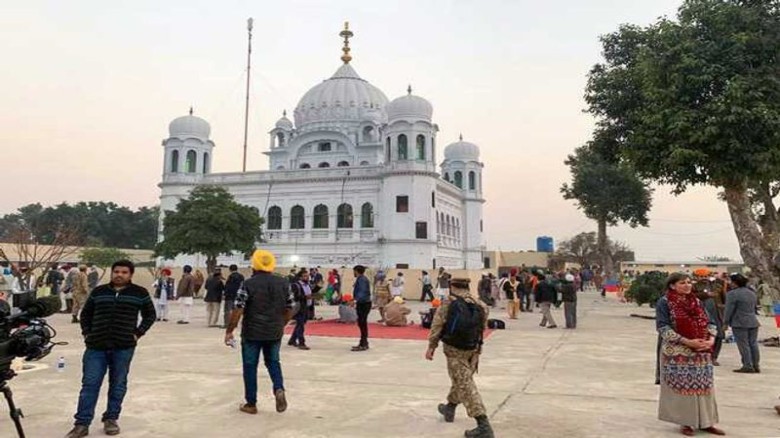
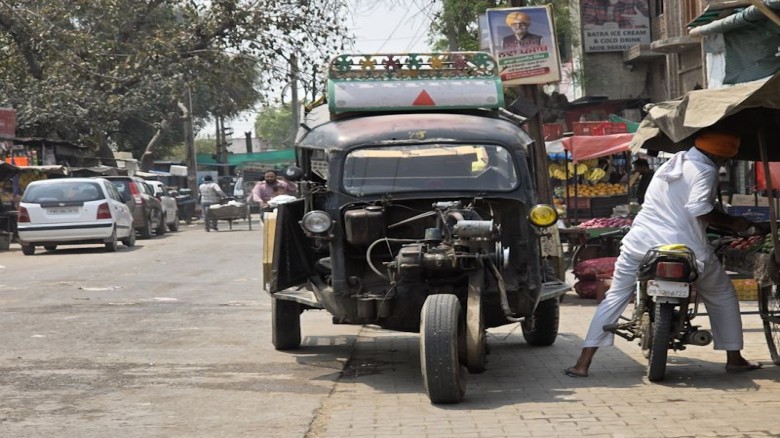
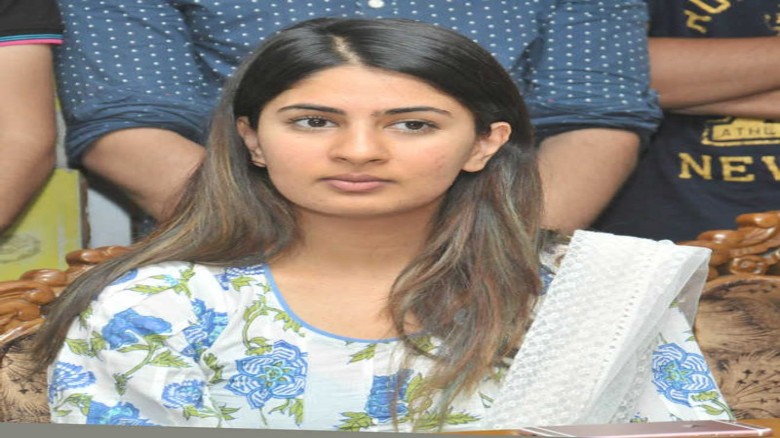
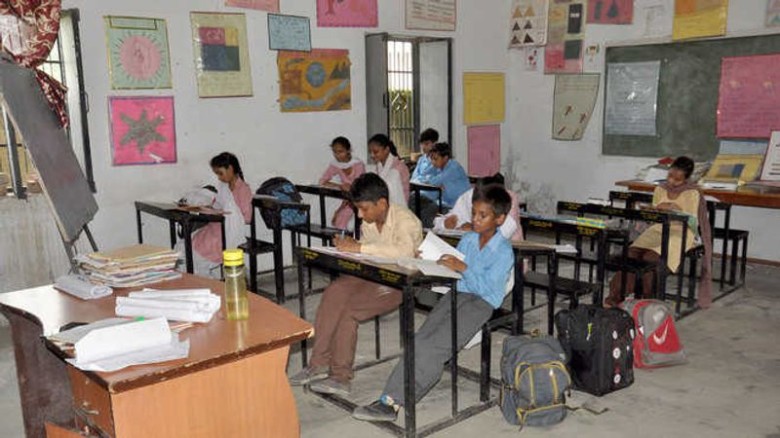



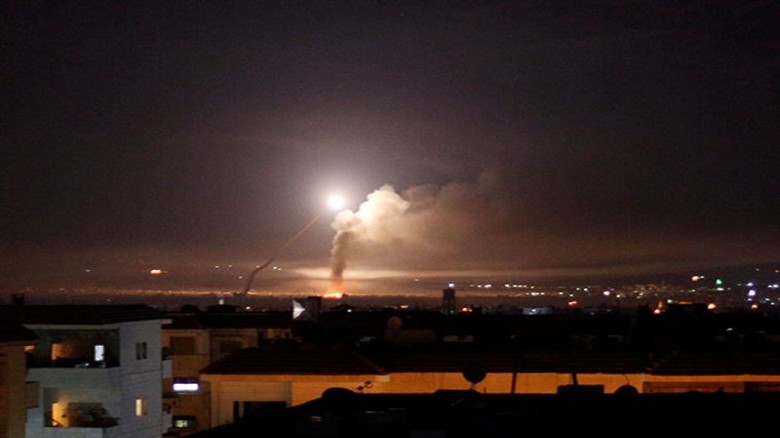












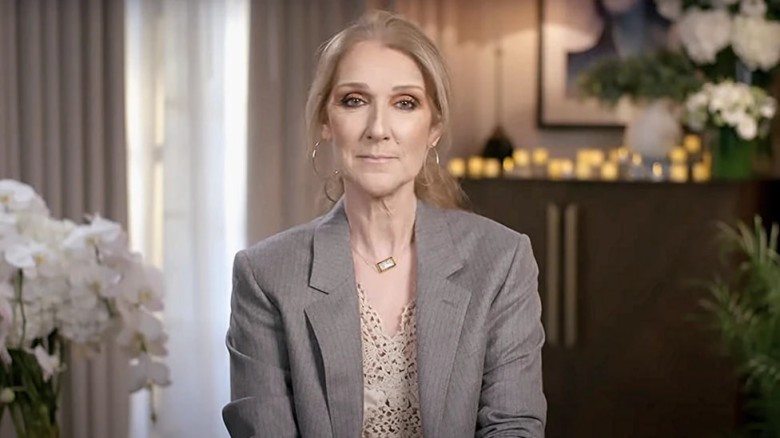




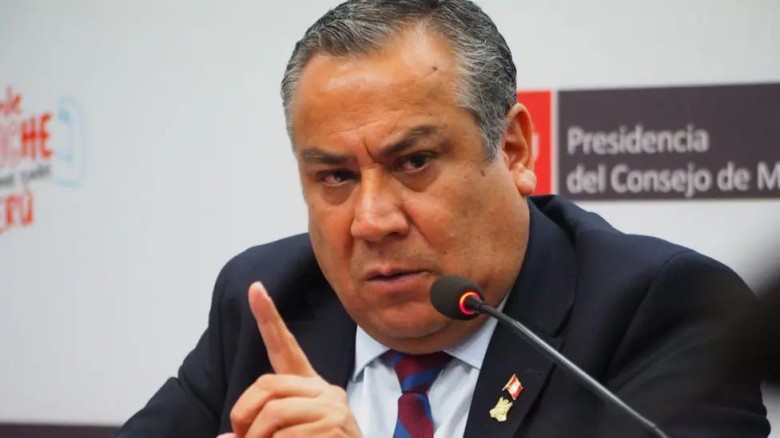

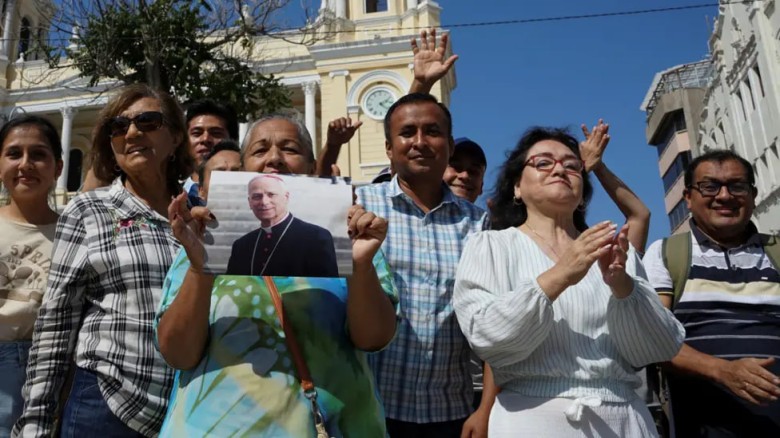










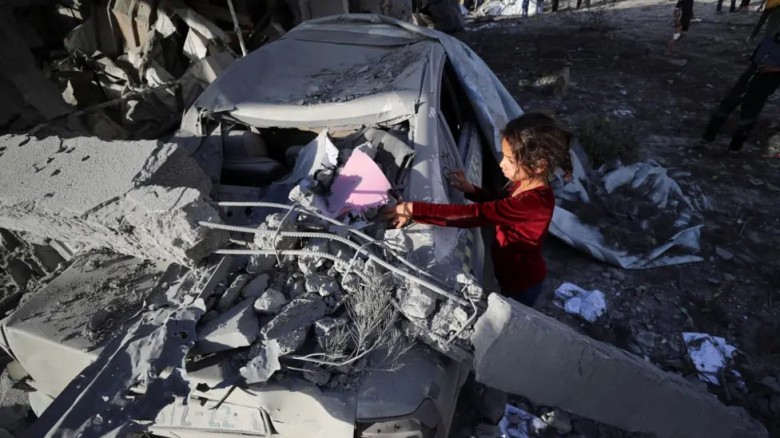
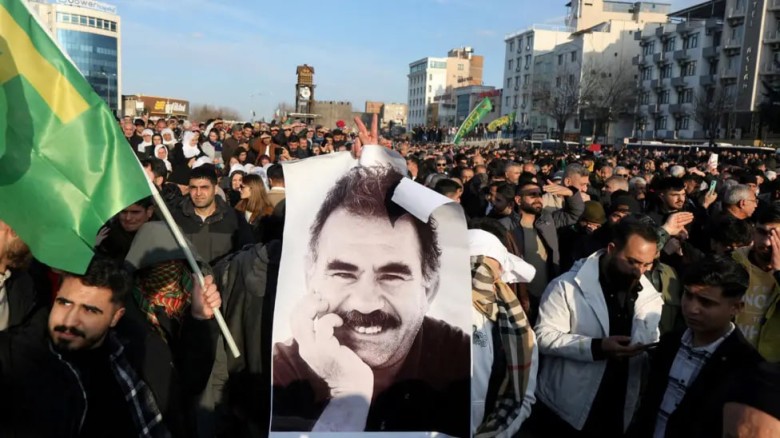
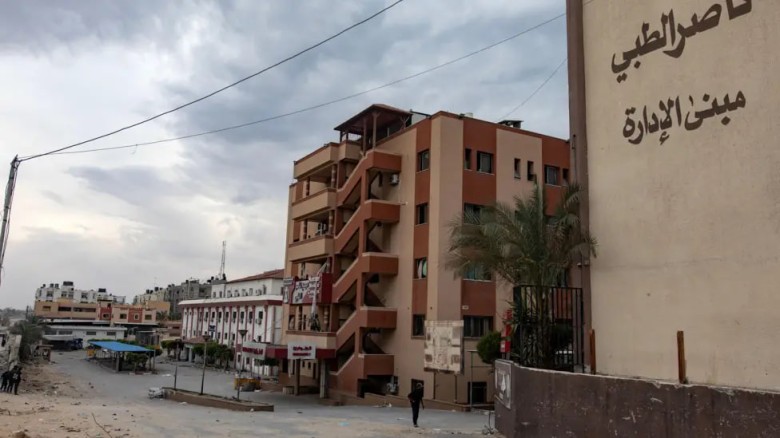







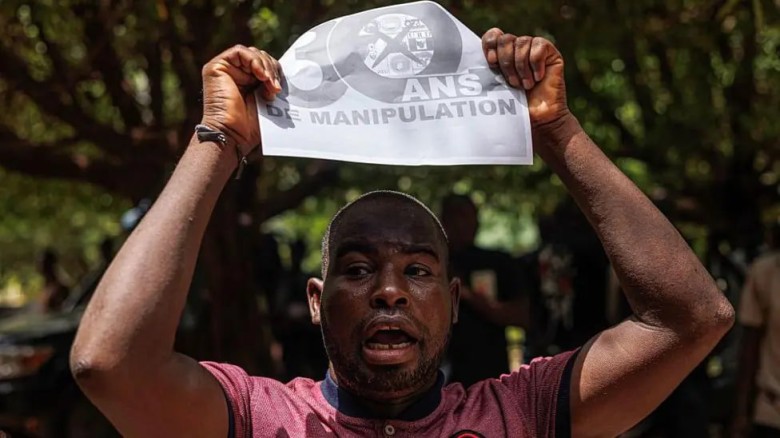
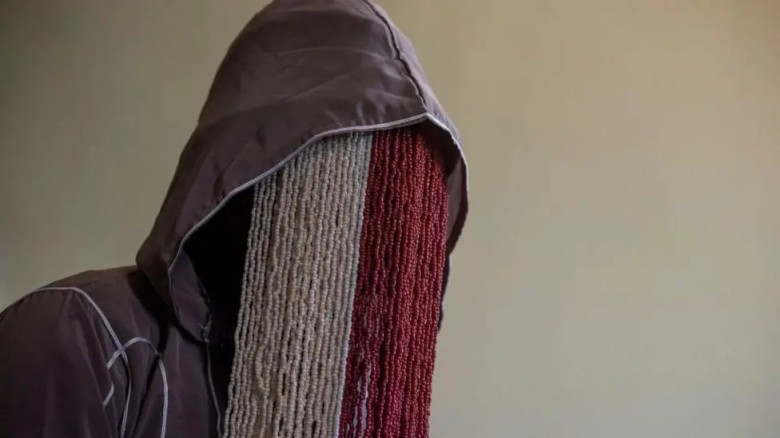

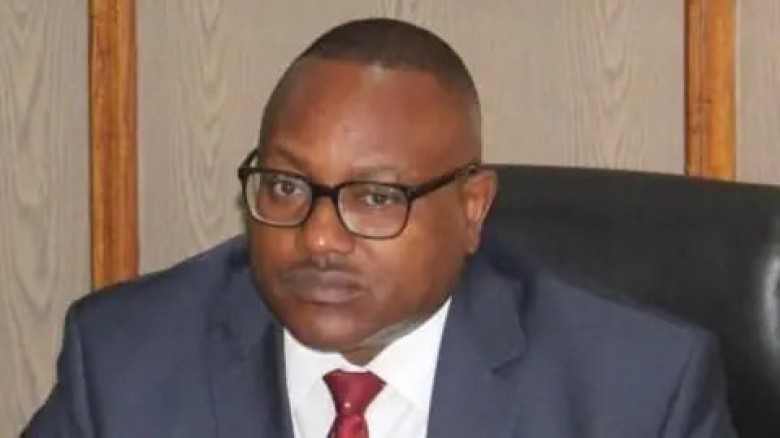



















Leave A Comment